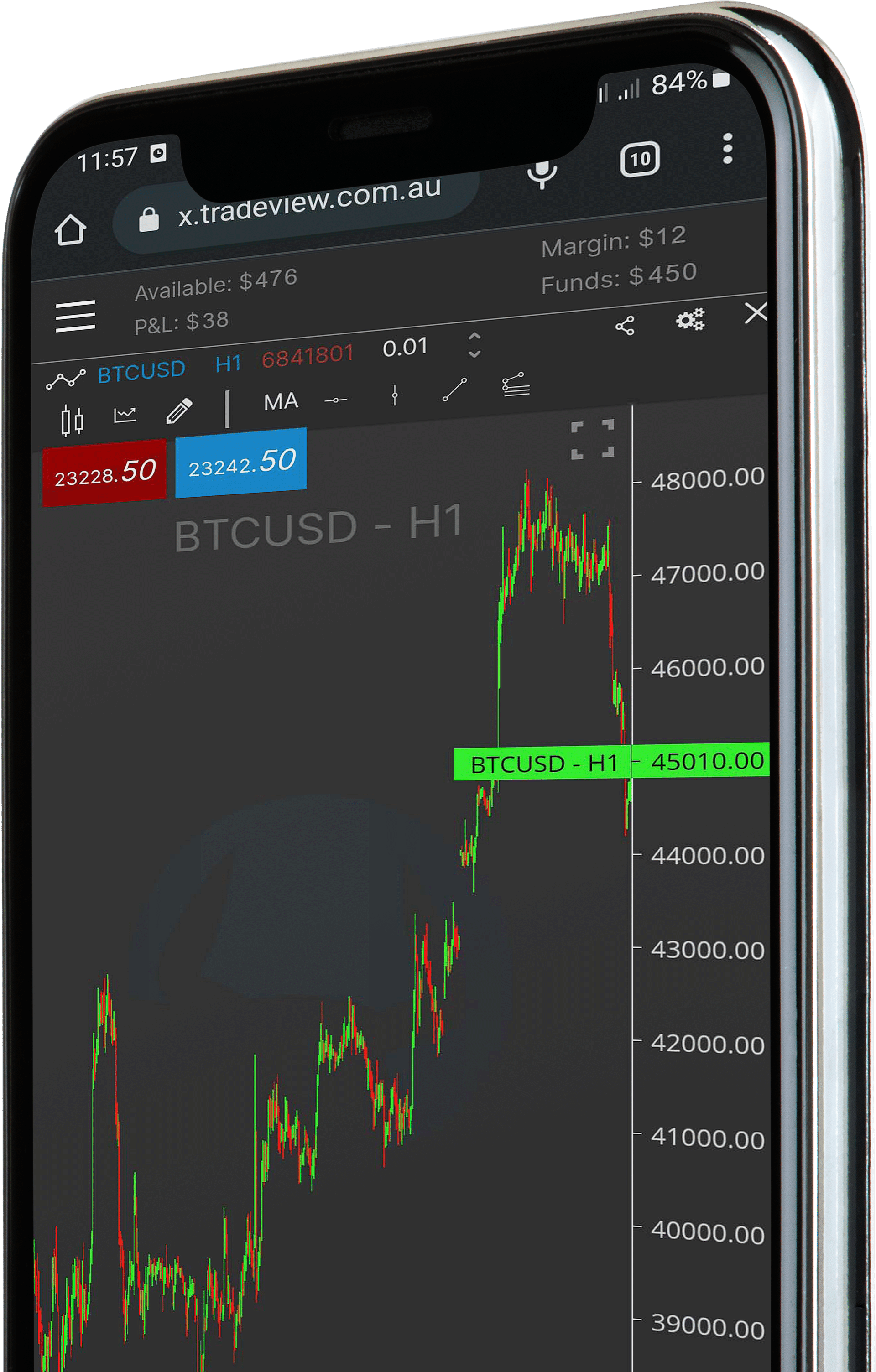Hi Traders,
In this episode, we have a look at how an algo can define support and resistance levels and then trade using that information.
We start by building an idea that will identify support and resistance levels and look to trade when a breakout of those levels occur and then trail it.

Defining Support and Resistance Levels
Support and resistance levels are vital components of technical analysis. They provide valuable insights into market sentiment and act as barriers that influence price movement. Traditionally, traders manually identify these levels based on historical data. However, with the help of algorithms, we can now enhance this process and expedite our trading decisions.
Building the Algorithmic Approach
Our journey begins with developing a robust algorithmic strategy to identify support and resistance levels. We leverage advanced mathematical models, statistical analysis, and historical price data to establish a reliable framework. This algorithm not only pinpoints key levels but also incorporates breakout strategies for potential trading opportunities.
Trading Breakouts with Precision
Once the algorithm identifies a breakout of a support or resistance level, we seize the opportunity to enter the market with precision. By establishing clear entry and exit rules, we minimize risk and maximize profit potential. Moreover, our algorithm includes trailing techniques to capture additional gains as the price continues its momentum.
The Advantages of Algorithmic Trading
Implementing an algorithmic approach to support and resistance trading offers several notable advantages. Firstly, it eliminates emotional biases often associated with manual decision-making, ensuring disciplined execution. Additionally, algorithms can process vast amounts of data in real-time, allowing us to seize opportunities that might otherwise be missed.
Backtesting and Optimization
To fine-tune our algorithm and ensure its efficacy, we emphasize the importance of rigorous backtesting and optimization. By testing historical data and making necessary adjustments, we enhance the algorithm’s performance and adaptability to evolving market conditions. This process helps us gain confidence in our trading strategy.
Risk Management and Money Management
No trading strategy is complete without a comprehensive risk and money management plan. We emphasize the significance of setting appropriate stop-loss levels, managing position sizes, and diversifying our portfolio. Algorithmic trading, combined with effective risk management techniques, provides us with a powerful edge in the market.
If you would like to learn more about creating automated trading strategies check out the Trading Talk series which has a new episode each week with different topics and concepts on popular automated trading strategies.
Why wait? Get started today. Sign up for an account today with the Tradeview Forex broker www.tradeview.tech and start creating your own automation.





